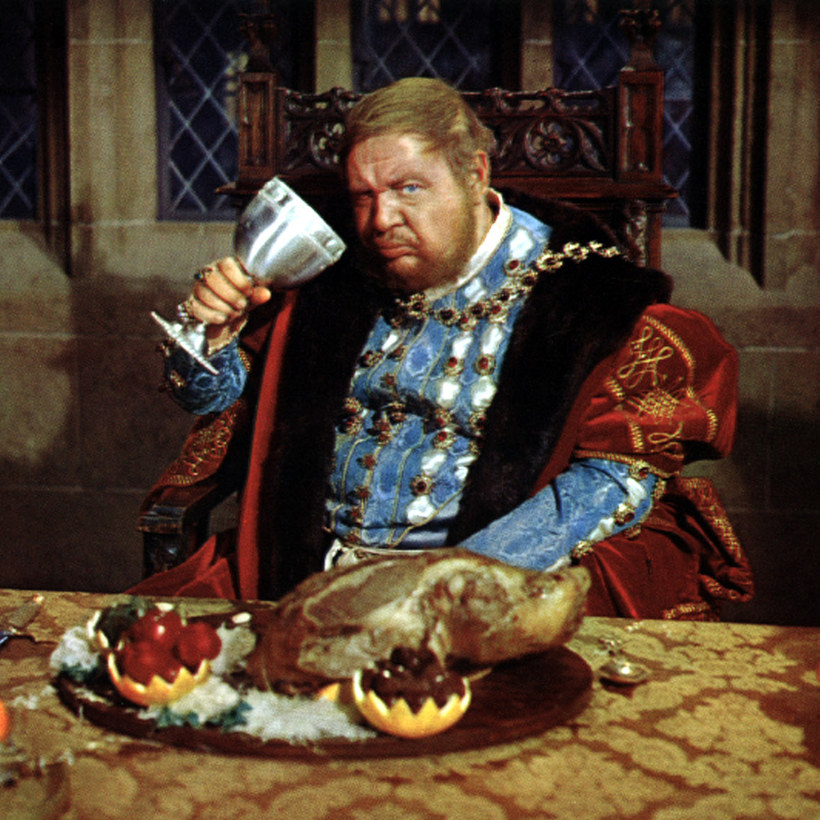Take a stroll through some of the hipper parts of East London and it appears as though every shop has a sideline selling natural wine. Whether it’s a café, record store, or even a clothing boutique, bottles of Chin Chin Vinho Verde or Gran Cerdo Tinto are stacked up alongside the single-origin coffees, rare-groove vinyl, and $300 sweaters.
Though “natural wine” might sound like a new trend, it simply denotes an embrace of the traditional, artisanal manner in which wine was always made before supermarkets homogenized the business.


